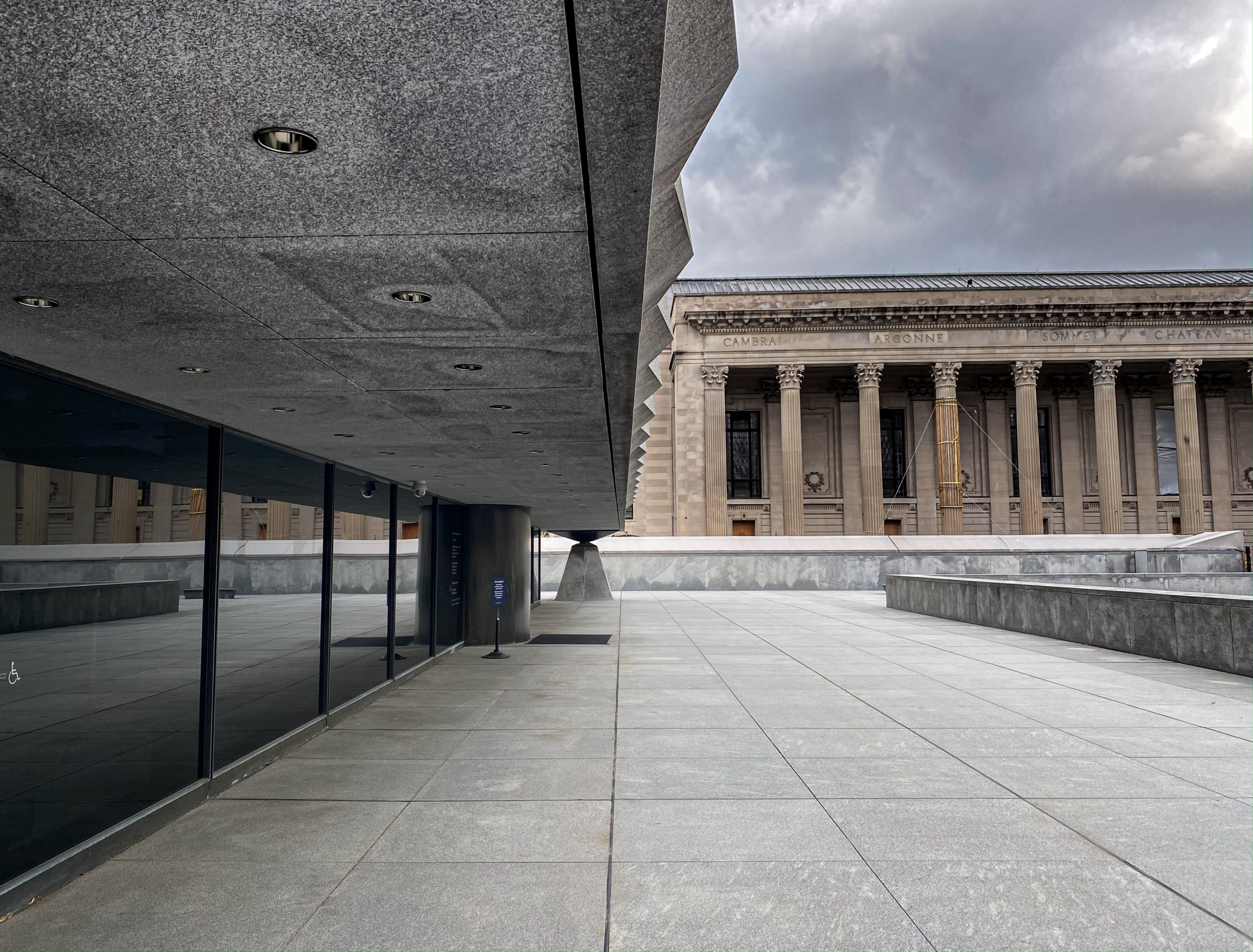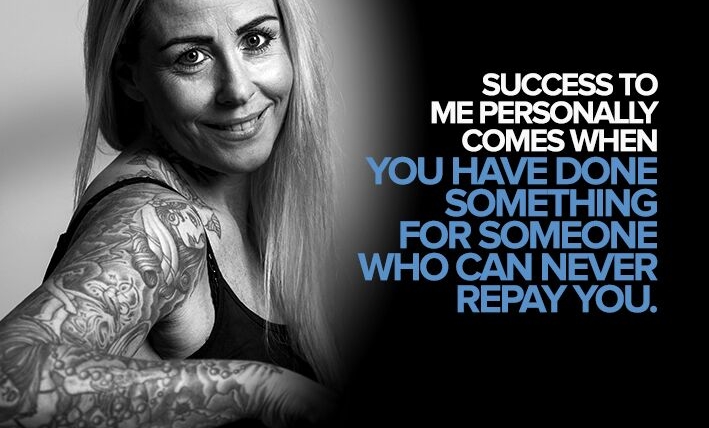
By Simisola Fagbemi
On Monday, Stephanie Busari — a Nigerian Yale World Fellow and journalist and editor for CNN Worldwide — moderated a discussion among three prominent female African leaders on how COVID-19 has caused disproportionate economic harm to women across the continent.
The hourlong event was titled “African Women as Pillars of Resilience: Mitigating the Economic Impacts of the Pandemic on African Women” and was held via Zoom at 11 a.m. on Nov. 16. Leslie Powell, the associate director for leadership programs at Yale’s Office of International Affairs, organized the event as part of Yale’s collaboration with the Fundación Mujeres por África, or Women for Africa Foundation — a nonprofit dedicated to promoting equal rights for African women — and donor Banco Santander, a Spanish bank. Around 100 Yale students, faculty, alumni and community members attended the event, which aimed to provide leadership development opportunities to senior African women leaders.
“I am forever in awe of the resilience and the strength of the African woman,” Busari told the News. “We need more women leaders. I’m a big advocate for women leaders — we need to level that playing field.”
Panelists on the webinar included Maria Kiwanuka, senior advisor to the Ugandan president on finance; Fafa Benzerrouki Sid Lakhdar, former chairwoman of the National Human Rights Council for Algeria; and Martha Karua, former minister of justice and current presidential candidate for Kenya. Other speakers included President of the Women for Africa Foundation María Teresa Fernández de la Vega Sanz and Co-Director of the Yale Africa Initiative Eddie Mandhry.
During the webinar, live translations were made available in three different languages — English, French and Spanish — all of which were spoken by members of the panel.
The main topics of discussion were the social and economic impacts the pandemic has had on African women — a majority of whom are employed in the informal sector, which includes jobs not monitored or protected by the government — and how to address issues of inequality in a comprehensive and sustainable way.
As most nations around the world have struggled to deal with the pandemic, Kiwanuka noted that African countries have been forced to work independently of foreign aid — an important step for nations to develop self-sufficiency.
“We need to work within our existing resources and build upon existing activities,” Kiwanuka said during the discussion, noting that the pandemic has amplified existing obstacles for women. “We must not be diverted by thinking that COVID is something apart from everything else we’ve had to deal with as women and as Africans in our daily lives.”
She said economic and social problems associated with the pandemic should not be viewed without broader context, noting a cultural expectation for women to take care of sick family members. In addition, Busari cited this period as a “double pandemic” for women who, in addition to dealing with the global health crisis, have been increasingly harmed by issues such as domestic violence, femicide and sexual assault.
Karua agreed, remarking on the perseverance she’s seen in African women and the flexibility they have demonstrated during these past few months. For example, she described how traders have used social media for business.
“We are on our own,” Karua said. “It’s really been hard for women, but the surprising thing is that women are resilient. They are finding innovative ways of overcoming.”
Despite the resilience that she has seen, Karua also mentioned that there are still many women struggling to survive.
This event took place on the 25th anniversary of the United Nations’ adoption of the Beijing Declaration and Platform for Action — a resolution that aimed to end issues of gender inequality.
“Even before COVID we were all fighting the good fight towards gender equality,” Kiwanuka said. “We were veterans of such epidemics as Ebola, as AIDS, even SARS in some parts of Africa, so we need to see what lessons can we take from these other epidemics and to make sure we don’t just go back to where we were before, because that was not a good place to be.”
Yale and the Women for Africa Foundation have been collaborating on their leadership development program since 2015. Every spring, around a dozen accomplished female African leaders are invited to spend a week at Yale, where they participate in events such as faculty discussions and gain access to networking opportunities. Because of the pandemic, this became impossible, and the program decided to host a series of online meetings and webinars instead. Monday’s event was the third public webinar since July.
“Here in the United States, we tend to have this certain kind of worldview from our own perspective,” Powell told the News. “It’s always valuable and important to include perspectives from other parts of the world, from women, from people who have a different life experience and different lived experience.”
The Women for Africa Foundation was founded in 2012.




